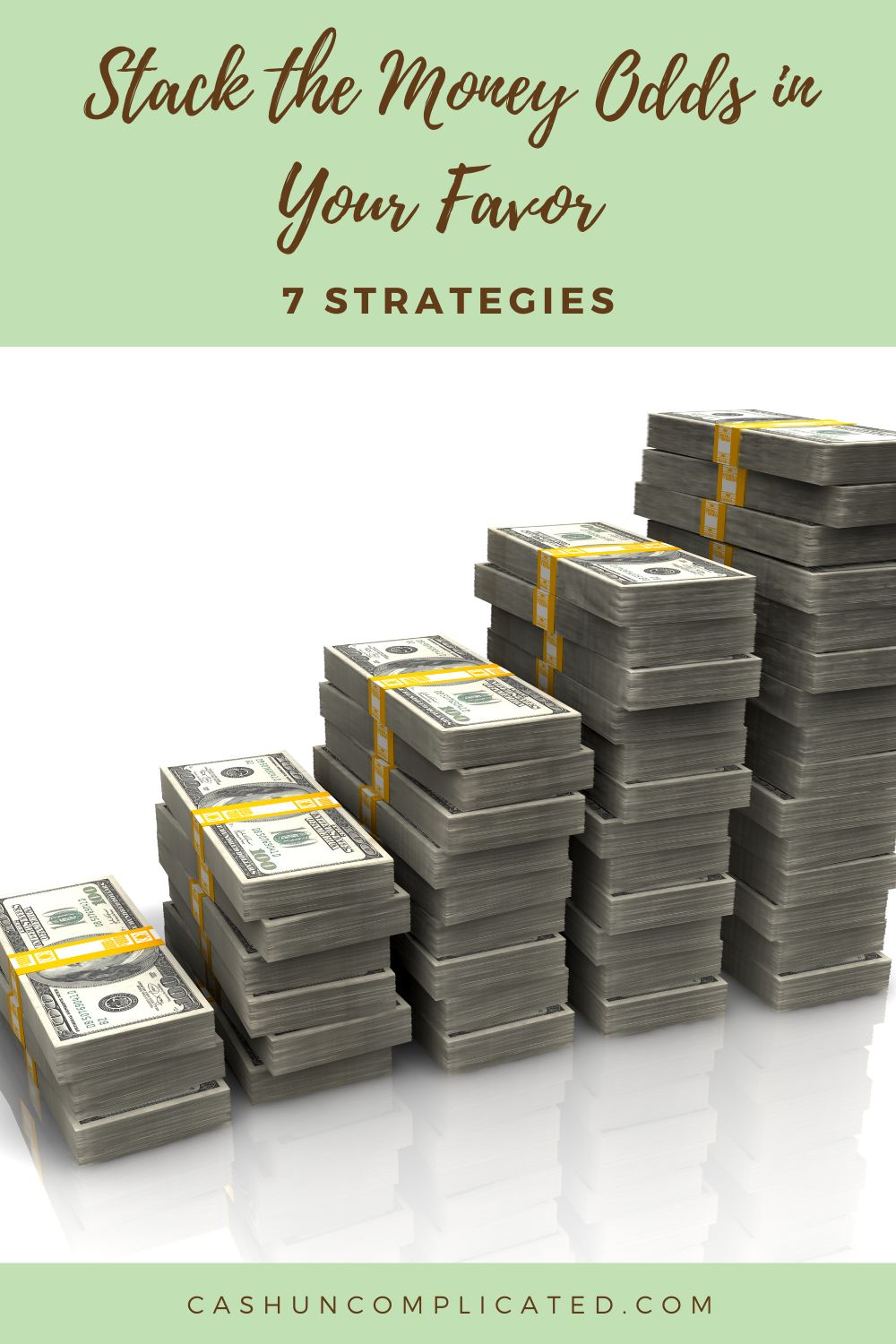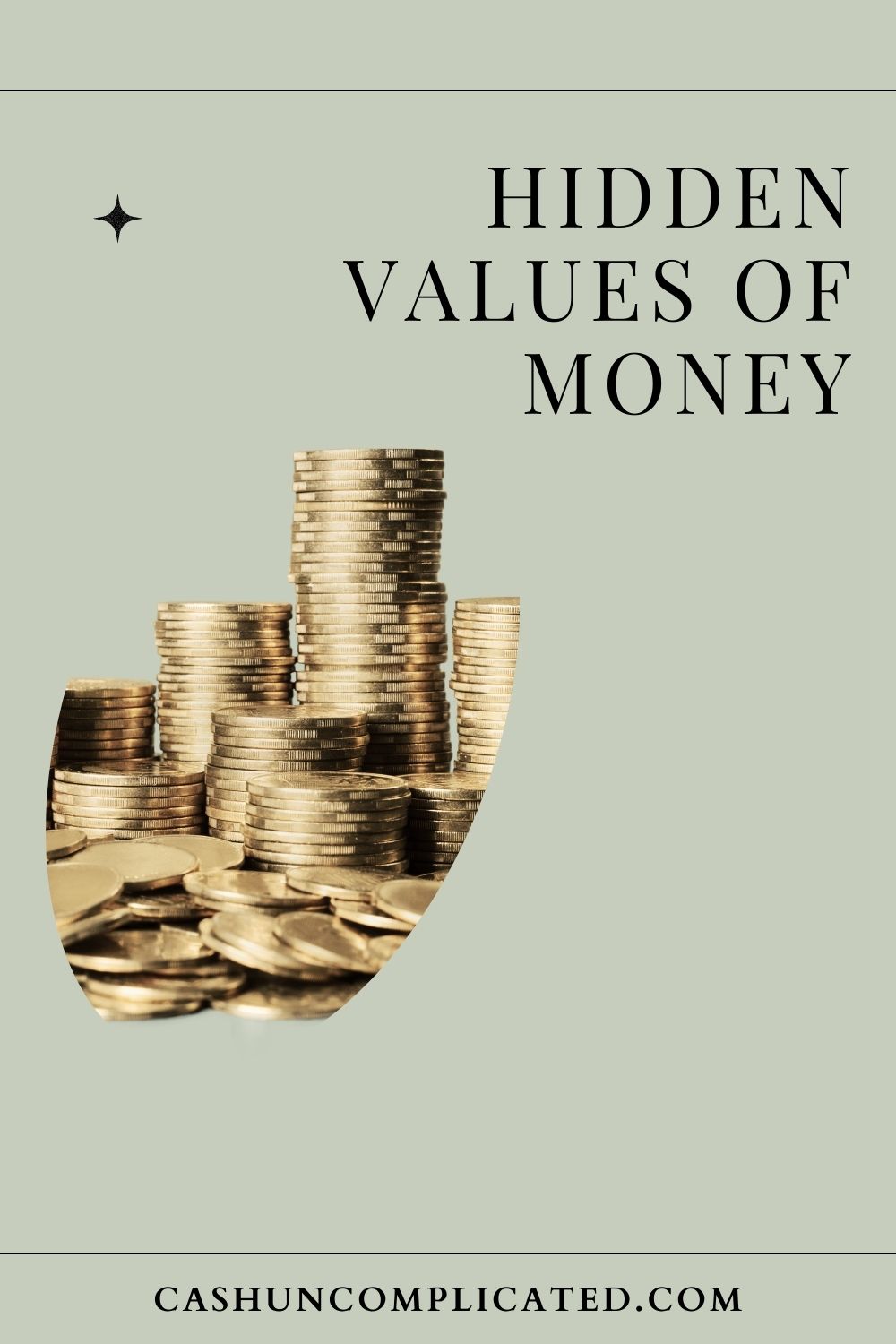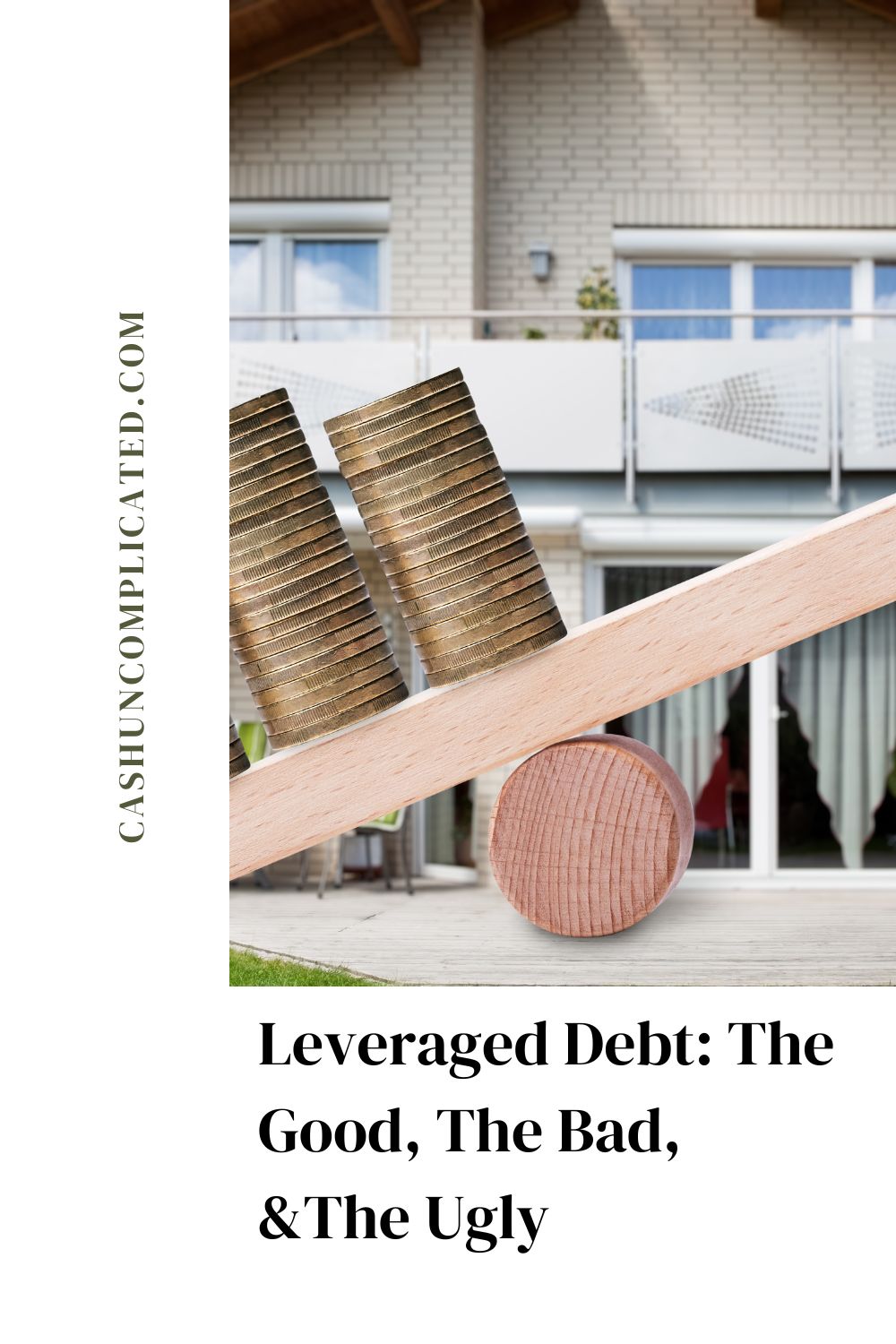Like almost anything in life, personal finance isn’t an exact science. There are no guarantees that someone making intelligent money decisions is going to come out on top of the money game. The best anyone can do is to stack the money odds in their favor.
What Are Money Odds?
Hear someone talk about money odds and you might think they are talking about gambling. Definitely not what this post is about. Money odds for the purpose of this post are simply the probability of personal finance decisions helping or harming your financial outlook.
No Such Thing as a Guarantee
There are almost no guarantees in life. For example:
- Someone who eats healthy and exercises on a regular basis could develop a major health problem early in life
- A really good parent may have a child who gets into trouble with the law as a young adult
- An individual who is a careful driver might get in a car accident
The probabilities are low that these things are going to happen, but they certainly can.
Why It’s Important to Stack the Money Odds
Whether it’s in personal finance or anything else in life, the best anyone can do is to increase their probability of a favorable outcome. One of the ways to do that in personal finance is to stack the money odds in your favor. A few examples:
- The person who stays out of consumer debt is more likely to have long and short-term financial success
- An individual who automates is more likely to invest consistently
- The investor who dollar-cost averages is more likely to experience long-term success
How to Stack the Money Odds in Your Favor
There are dozens, if not hundreds, of ways to stack the money odds in your favor. This post will focus on seven of those ways.
Number 1: Basic Financial Education
I’m not suggesting you get a PhD in economics or finance here. What I am suggesting is a basic financial education, or financial literacy. An understanding of debt, compounding, investing, and historical patterns will take you a very long way.
Let’s use the understanding of compound interest as an example. Albert Einstein was quoted: “Compound interest is the eighth wonder of the world. He who understands it, earns it. He who doesn’t, pays it.” To expand on this quote, imagine two people side by side.
The first person understands compound interest and contributes $500 per month into an investment that earns a 10 percent rate of return. After 30 years, she would have over a million dollars.
The second person doesn’t understand compound interest and gets himself into $25,000 worth of credit card debt. If he paid $500 per month towards the debt payoff at a 16 percent interest rate (the average at the time of this writing), it would take him almost a full seven years to pay off the card. Plus, over $16,000 in interest alone!
The gap between the two people is astronomical. The first person has financial literacy and the second doesn’t.
Number 2: Get Out of Consumer Debt (And Stay Out)
The second way to stack the money odds in 2023 is get out of consumer debt. If you’re in consumer debt, keep reading. If not, move on to number three. Consumer debt is one of the largest killers of wealth I can think of.
Before we get too much more into consumer debt, it’s important to define it. Consumer debt is any kind of debt like credit cards, store credit, personal loans, etc. This debt takes money out of your pocket every month and doesn’t put any money back in it.
It’s reverse compounding with the bank and lenders taking your wealth right from under you. Rather than compounding working in your favor, it goes against you every month. Here are a few examples to illustrate the enormous power of consumer debt:
- $10,000 in credit card debt will take almost seven years to pay off assuming $200 per month payments at a 16 percent interest rate
- Paying $300 per month at a 16 percent rate towards $15,000 in consumer debt would take almost seven years
- $20,000 in consumer debt will take almost 14 years to pay off assuming $300 monthly payments at a 16 percent interest rate. Total interest paid over this time is almost $10,000!
The reality is actually worse than the examples because most people continue to get further into consumer debt, adding on to the tab. These examples assume no more money is added to the debt, an unrealistic scenario for many people.
Related:
- Debt Snowball, Debt Avalanche, or Hybrid Method–Which Should You Choose?
- The Psychology of Paying Off Bad Debt
- Should You Pay Off Debt or Invest?
Number 3: Automate
Automation is one of the best ways to build wealth without having to think about it too much. The beauty of automation is you get to set an amount of money you want to save, invest, etc. and then have it automatically transferred from your paycheck or checking account.
Set it up once and it’s done other than the periodic adjustments you make as your income changes. Automation is particularly powerful when your wages increase. For example, if you made $5,000 per month and are increasing your wages to $5,200–set up the contributions to your investment account to $200 more.
That way you are capturing your wage increase and not allowing it to fall into the abyss of lifestyle creep. Then when you get another wage increase ($100 for this example), automate the additional hundred dollars again. It doesn’t seem like a lot of money at first, but over the course of four of five years plus, it really starts to add up.
This is one of the main strategies I used to go from less than $4,000 to my name to investing over 50 percent of my income.
Number 4: Pay Yourself First
Automation and pay yourself first go hand in hand, and become exponentially more powerful when combined. Pay yourself first literally means pay yourself first. Before any bills, expenditures, entertainment, etc. Before any of that, you are contributing to your investments.
Paying yourself first prioritizes your present and future self, and ensures that you are investing before anything else. It’s as close to a guarantee as you can get that money will be invested and able to compound over the years.
After you pay yourself first, use what’s left over for daily living. It might take a couple months to get used to the new amount of money available, but you will quickly adjust. Almost everyone I’ve talked to doesn’t miss the money at all, and barely notices after a couple months or so.
Number 5: Leverage Your Strengths
Leverage means a lot of things. In real estate investing, leverage pertains to contributing a down payment while the banks or other people finance the rest. Then the investment pays for itself for the life of the loan.
For the purposes of this post, leverage is going to refer to utilizing your strengths and spending the most amount of time and effort on what you’re good at. Eliminate some of the time-wasters in your life so that you can spend more time on the things you’re good at.
Here’s an example of the concept. An entrepreneur is in the third year of his business and starting to do well, but not as well as he could be doing. He places the time value of his work at $150 per hour.
Meaning there are certain activities in his work that produce on average $150 per hour. That might mean sales calls, in person meetings with clients, product development, etc. Those are the activities he wants to focus on for the year.
If this entrepreneur used to go home early one day out of the week to cut the grass and do yard work, that activity should be eliminated because it’s not the highest and best use of his time. He should be leveraging the activities he’s good at, and pay someone to do the yard work. Since he’s performing $150 per hour work in his line of business, it makes sense for him to continue that work and pay someone for any work paying less than that.
The concept of leveraging your strengths and highest and best use of time is also something I write about in my book Cash Uncomplicated. It honestly took me some time to really understand this concept, but once I did, things really started to click.
Number 6: Be Consistent
If you really want to stack the money odds in your favor, be consistent. Consistently doing the right thing for a long amount of time is one of the best ways for personal finance success. We live in a world of instant results and impatience.
There’s a reality though that many things take a long time. The “overnight” success is few and far between. And in reality, it probably wasn’t an overnight success anyway. We probably just saw the quick results when that person actually had been working and grinding for several years.
- A first round draft pick in the NFL didn’t first pick up a football when they were 21 and get drafted at age 22
- The successful business owner probably went through several years of barely making it, and self-doubt
- An early retiree worked nights and weekends during their 20’s and 30’s while her friends were out at the bars or watching TV
In personal finance, consistency provides an opportunity for compounding. Assuming a 10 percent rate of return, look at these numbers:
- An investor contributing $1,000 per month for one year would have $13,200
- That same investor contributing $1,000 per month for five years would have $80,587
- After 30 years, that very same investor would have $2,171,321 if investing $1,000 per month
This investor isn’t any smarter after 30 years than he was after year one, but they have over two million dollars more. The only difference is consistency and allowing time and compounding to work their magic.
Number 7: Step Back and Look at History
It can get frustrating not seeing the type of progress you expect. That’s why it’s important to step back and look at history. Hard work and effort compounds over time. Just like in the last section, results aren’t instantaneous.
Stack the money odds in your favor by looking at historical performances of your financial habits. Although there is always the disclaimer that past performance doesn’t guarantee results, it’s certainly possible to stack the money odds in your favor.
For example, it’s reasonably certain to predict that someone in consumer debt with no investments isn’t going to be financially successful. There’s really no scenario in which this person succeeds. Even if they inherit a large sum of money or win the lottery, they’re not likely to keep it with their level of financial knowledge and habits.
However, someone with no consumer debt and high investment contributions in a historically well performing investment is very likely to do well. Of course there are no guarantees, but there is a high probability of success.
So when your investments aren’t doing well for a period of time, or you feel like you’re not making progress, take a step back and look at history. Things are likely to turn around for you.
Conclusion
Just because there are no guarantees in life doesn’t mean we can’t stack the money odds in our favor. To summarize, these are the seven things to stack the money odds towards your success:
- Basic financial education
- Get out of consumer debt (and stay out)
- Automate
- Pay yourself first
- Leverage your strengths
- Be consistent
- Step back and look at history
Do these seven things and create a high probability of success for yourself and your family. Of course, we would all love a guarantee, but a high probability is also a very good thing.








